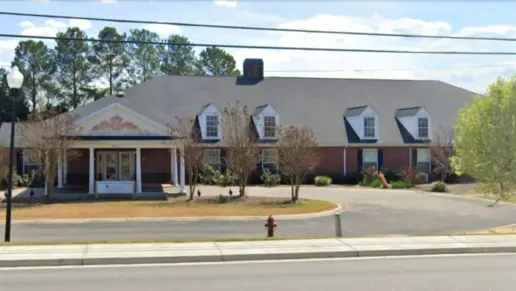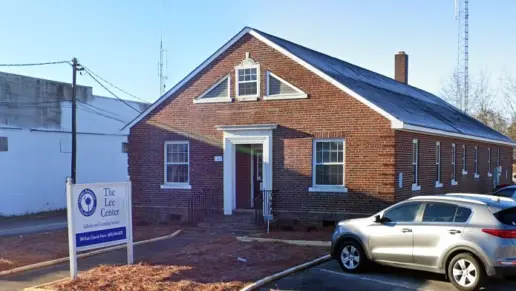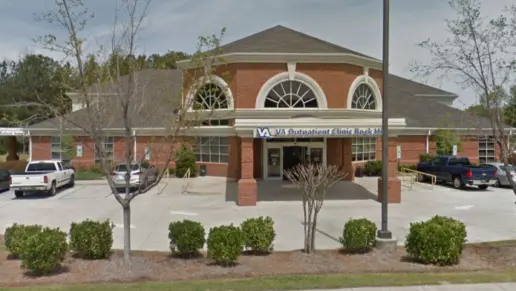About Vocational Rehabilitation Lyman
SCVRD Lyman Bryant Center is in Lyman, South Carolina. They help people who are suffering from mental health issues. They also help people who are dealing with substance abuse. This is done through their residential program where you’ll live at their facility.
While you live at the facility they will help manage your medication. The environment itself is structured but includes games to help teach skills to cope with addiction.
Their goal is to create a community built into the facility where you can grow with others who are in recovery. This builds a natural support system that will help you and others in recovery lean on one another while going through the trenches.
While you’re at this place, they’ll help you get back into the workforce. They’ll work with you to prepare you for stresses related to work to help prevent relapse.
Many have said this place is pretty accommodating. They have things in place to help those with physical disabilities.
Latest Reviews
Rehab Score
Gallery
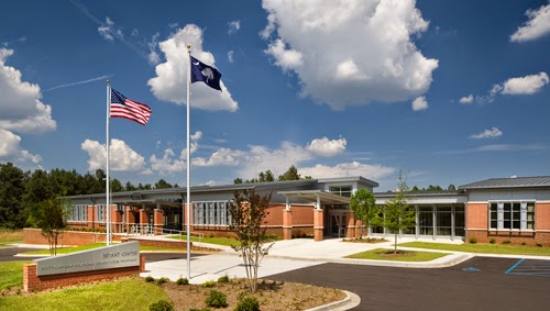
Location
Other Forms of Payment
Private insurance refers to any kind of healthcare coverage that isn't from the state or federal government. This includes individual and family plans offered by an employer or purchased from the Insurance Marketplace. Every plan will have different requirements and out of pocket costs so be sure to get the full details before you start treatment.
Self-pay involves paying for treatment out of your own pocket. You can use savings or credit, get a personal loan, or receive help from family and friends to fund your treatment. If you don't have insurance or your insurance plan doesn't cover a specific program, self-pay can help ensure you still get the care you need.
Addiction Treatments
Levels of Care
Treatments
Mental health rehabs focus on helping individuals recover from mental illnesses like bipolar disorder, clinical depression, anxiety disorders, schizophrenia, and more. Mental health professionals at these facilities are trained to understand and treat mental health issues, both in individual and group settings.
Programs

Clinical Services
Group therapy is any therapeutic work that happens in a group (not one-on-one). There are a number of different group therapy modalities, including support groups, experiential therapy, psycho-education, and more. Group therapy involves treatment as well as processing interaction between group members.
In individual therapy, a patient meets one-on-one with a trained psychologist or counselor. Therapy is a pivotal part of effective substance abuse treatment, as it often covers root causes of addiction, including challenges faced by the patient in their social, family, and work/school life.
During couples therapy in South Carolina, a licensed therapist offers techniques for how both partners can resolve conflict and manage challenges in the relationship. The couple may also engage in individual or family therapy for further support.
The goal of all family therapy sessions is to support their loved one's recovery effectively by learning new and healthy communication skills as well as ways of managing stress and resolving conflicts. This helps improve interactions and addresses underlying issues within the family that often influence recovery.
Life skills trainings involve all the skills a person must have in order to function successfully in the world. These include time management, career guidance, money management, and effective communication. Truly successful addiction recovery is based on the ability to not only live substance-free, but to thrive. Life skills teaches the practical necessities of functioning in society, which sets clients up for success in life, and therefore sobriety.
Amenities
-
Residential Setting
-
Private Rooms
Staff
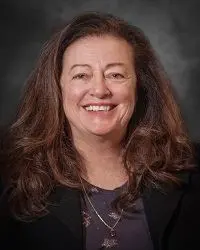
Board Chair
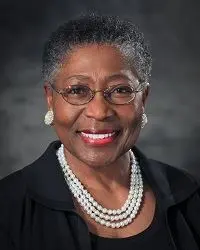
Board Vice Chair
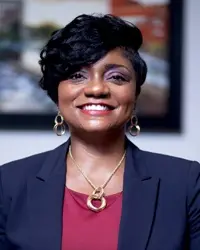
Board Secretary
Contact Information
180 Groce Road
Lyman, SC 29365
